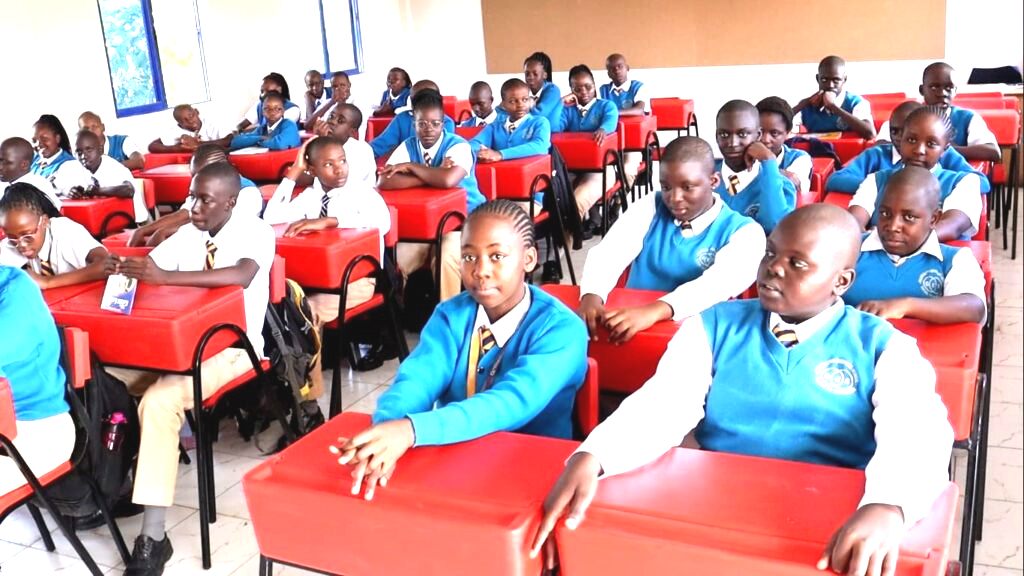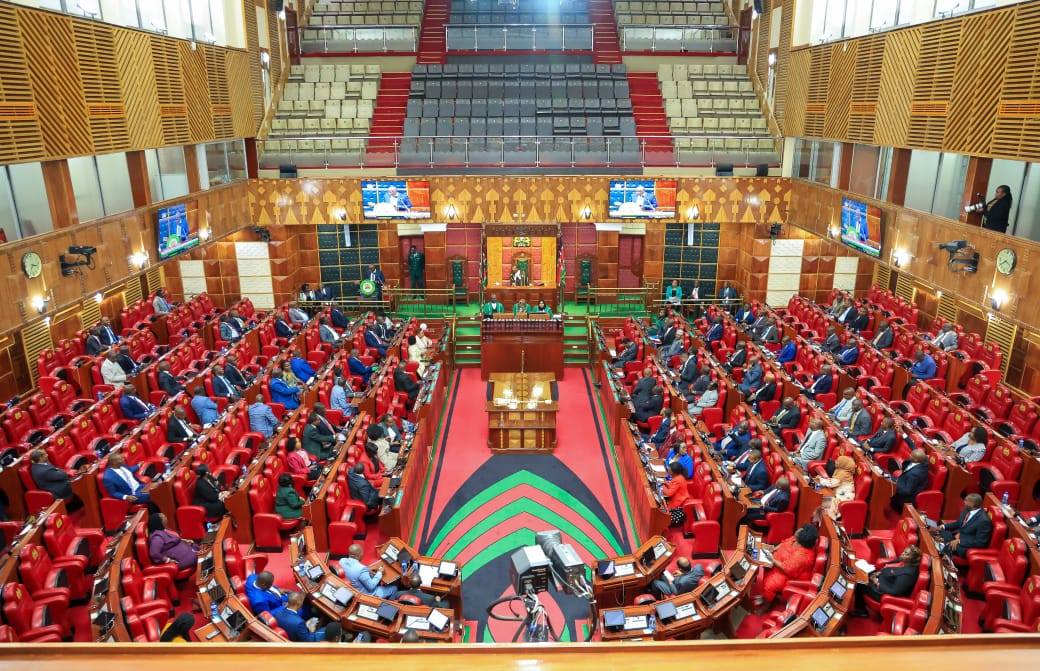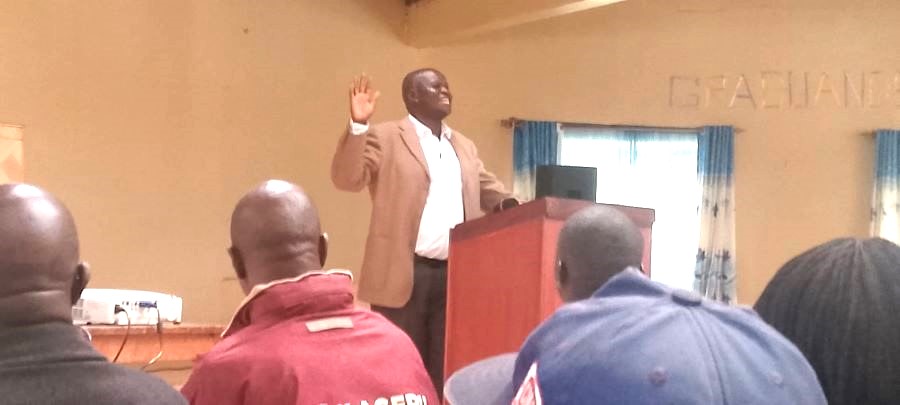Private schools have raised concerns over the government’s approach to distributing learning materials, arguing that current policies largely favour public institutions.
Bomet Private Schools Association chairman Alfred Rono called on the government to ensure that private schools receive learning materials under the Competency-Based Curriculum (CBC) to create a level playing field in education.
He spoke to the journalists after attending County-Based Dialogues on Education Quality and Learning Outcomes at St Mary’s Secondary and Mixed Junior Secondary School in Bomet County.
Bomet Deputy Speaker Leonard Rotich, Bomet KNUT Executive Secretary Desmond Langat, and Bomet County Director of Education Leonard Ngugi attended the meeting.
Rono emphasized that excluding private schools from government-supplied learning materials creates an imbalance in implementing the CBC and discriminates against private school students.
He stressed that for the new curriculum to be truly effective, all learners, whether in public or private schools, should have equal access to necessary resources, which should be available in bookshops
“By doing so, it will ensure fairness in implementing CBC and make it relevant for all learners,” he stated.
Beyond learning materials, private schools are also facing challenges in retaining trained teachers
Rono pointed out that private institutions invest significant resources in training their staff to meet CBC requirements, only for these teachers to later be absorbed by the Teachers Service Commission (TSC) into public schools.
He argued that this trend is financially straining private institutions, which must continually hire and train new educators only to lose them again.
He urged the government to develop policies that support private schools in retaining their teachers or offer compensation for the training costs incurred by these institutions.
The chairman also raised concerns about the selection process for learners joining Grade 10 in public boarding schools.
Rono emphasized that public boarding primary schools should compete with private boarding primary schools for placement since they are in a similar learning environment.
READ ALSO: MoE parents private/international schools foreign tours
However, he criticized the current system, favouring public boarding school students by reserving the most available slots.
“Why allow a learner in a public boarding school with teachers available 24/7 to receive the same treatment as a learner from a day school where teachers are only available for a few hours? This is not fair at all. Primary schools should be categorized as either day or boarding,” he said.
He also praised the Competency-Based Curriculum (CBC), calling it the best system for the country. This system enables Kenya to produce globally competitive graduates.
“We, as private schools, are putting in place all the necessary infrastructure to ensure its success and to produce the best graduates locally and globally,” said Rono.

Recently, private school owners nationwide have voiced their frustrations over policies that favour public institutions unfairly.
They argue that despite the crucial role private schools play in Kenya’s education sector and saving the government much money in capitation, they are often overlooked in key government programs such as teacher training, provision of learning materials, and infrastructural support.
Rono and other private school stakeholders are now calling on the Ministry of Education to engage with them in discussions to ensure that CBC implementation benefits all learners equally, regardless of whether they are in public or private schools.
They insist that a more inclusive approach will enhance the quality of education and ensure that the curriculum achieves its intended objectives.
On his part, Rotich said the CBC should be strengthened to better assist learners.
“We need to work together as stakeholders because it requires more resources to ensure its success,” he said.
He added that, as the county government, they have played a role in building early childhood centres and retooling teachers.
By our reporter
You can also follow our social media pages on Twitter: Education News KE and Facebook: Education News Newspaper for timely updates.
>>> Click here to stay up-to-date with trending regional stories
>>> Click here to read more informed opinions on the country’s education landscape
>>> Click here to stay ahead with the latest national news.






